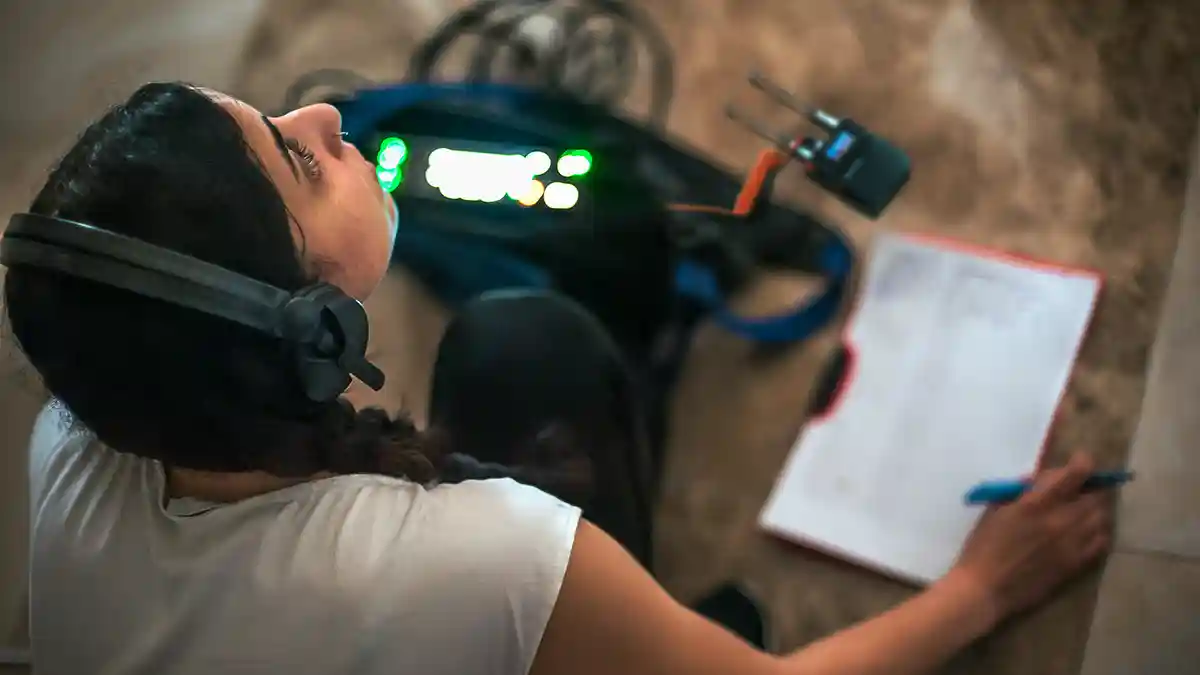Study Reveals Beauty Filters Make People Seem Less Intelligent in Photos

A study found that photo filters can make women appear less intelligent to males, while making men seem smarter to women
A team of researchers, based at Ellis Alicante Foundation in Spain, asked 2,748 people to rate hundreds of images of people before and after beauty filters had been applied to their photos.
The group of participants — who were evenly distributed between men and women — were not told that some images had a beauty filter applied to the photos, and none were given “before” and “after” pictures of the same individual.
In 96.1% of cases, individuals were rated as more attractive and trustworthy with a beauty filter, regardless of gender, age, or race.
In the study, around 17% of faces were rated as being very attractive before photo filters were added but it jumped to 75% after the images had been digitally beautified.
However, the study, which was published in Royal Society Open Science journal, also found that men perceived women as less intelligent after the filters were applied.
In contrast, men were consistently viewed as more intelligent than females after a beauty filter was added to their photos.
Researchers noted that the findings suggest gender stereotypes, which depict beautiful women as less intelligent, override the halo effect when it comes to perceptions of intelligence, potentially harming women who use filters.
The halo effect is a common psychological phenomenon in which people form a positive overall impression of someone based on a single characteristic or ability.
“Given the prevalence in the use of beauty filters by young females, our findings raise additional concerns about the potential negative impact of beauty filters on young women,” the researchers write in the study.
“Frequent use of beauty filters has already been found to lead to anxiety and depression, reduced self-esteem, body dysmorphia, an increase of plastic surgery, feelings of inadequacy ,and increased pressure to conform to unrealistic beauty standards.
“Our research adds a new dimension to the harmful consequences of using beauty filters by empirically demonstrating that females are perceived by men as less intelligent after the application of the filters.”
TikTok recently announced that it will ban teenagers from using beauty filters amid concerns about the dangerous impact on younger users’ mental health.
Image credits: Header photo via Royal Society Open Science journal .
Source link




